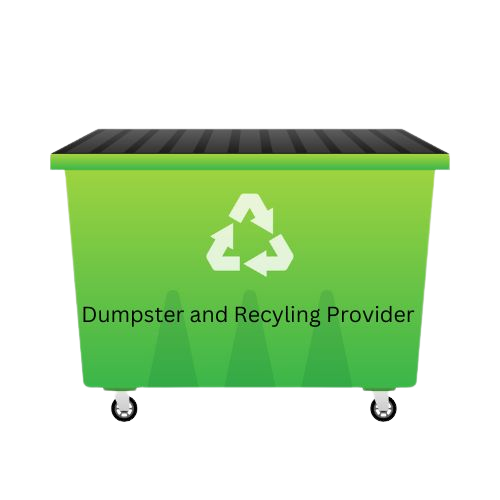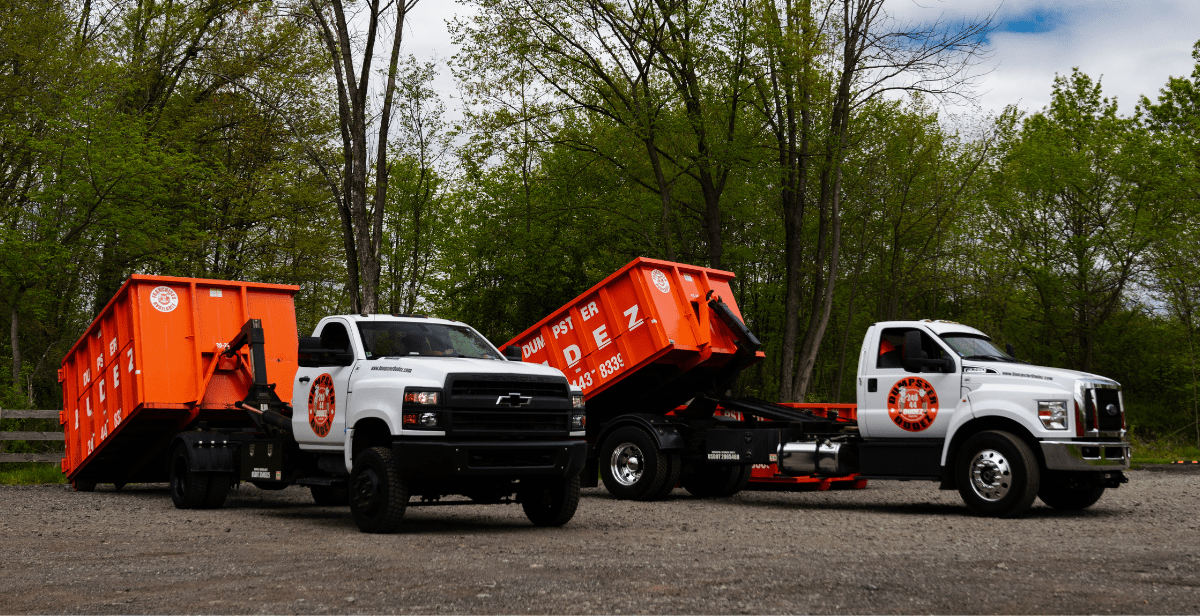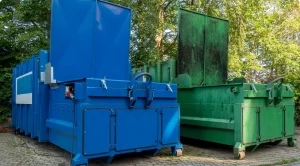Efficient waste management is crucial for maintaining a clean and sustainable environment. With waste production increasing year by year, finding practical solutions for waste disposal has become a necessity. One effective approach to simplify waste management is through dumpster rental services. In this comprehensive guide, we’ll delve into the benefits, types, selection process, proper disposal practices, cost considerations, and more surrounding dumpster rental services.
Benefits of Dumpster Rental Services
Dumpster rental services offer a range of benefits that make them an attractive option for waste disposal. Whether you’re undertaking a home renovation, managing a construction project, or organizing a large event, here’s why you should consider dumpster rental:
- Convenient Disposal: Dealing with a significant amount of waste can be daunting. Dumpster rental services provide a hassle-free way to dispose of large volumes of waste all at once.
- Versatility: Dumpster rentals are suitable for various purposes, from residential projects to commercial ventures. They are commonly used during construction, renovations, community cleanups, events, and more.
- Time and Cost-Efficiency: Renting a dumpster can save you time and effort compared to multiple trips to a landfill. Additionally, it can be cost-effective, especially when dealing with substantial amounts of waste.
Types of Dumpsters
Dumpster rental services offer different types of dumpsters tailored to various needs. Understanding the available options can help you choose the right one for your project:
- Roll-Off Dumpsters: These dumpsters come in various sizes, ranging from 10 to 40 cubic yards. They are commonly used for construction projects, large cleanouts, and renovations. Their open-top design makes loading bulky items easy.
- Front-Load Dumpsters: Ideal for businesses and commercial use, front-load dumpsters are smaller in size and have lids to keep the waste contained. They are often used for routine waste disposal.
- Specialized Dumpsters: Depending on your waste disposal needs, you can find specialized dumpsters for hazardous waste, recycling, organic materials, and more. These options promote responsible waste management.
Choosing the Right Dumpster Size
Selecting the appropriate dumpster size is crucial to ensure you have enough space for your waist without overspending. Consider the following steps when choosing the right dumpster size:
- Scope of the Project: Evaluate the scale of your project, whether it’s a small home cleanout or a large construction endeavor.
- Estimate Waste Volume: Estimate the amount of waste you’ll generate. Most rental companies provide size recommendations based on the amount of waste.
- Avoid Overpaying: While it’s tempting to opt for a larger dumpster to be safe, choosing a size that matches your needs can save you money.
Steps to Renting a Dumpster
Renting a dumpster involves a few key steps to ensure a smooth experience:
- Research and Choose a Reliable Provider: Look for reputable dumpster rental companies in your area. Check online reviews, verify licenses, and inquire about insurance coverage.
- Determine Rental Period: Discuss the duration of your project with the rental company. Be prepared for unexpected delays and inquire about extension options.
- Obtain Necessary Permits: Depending on your location, you may need permits to place a dumpster on public property. Check local regulations and obtain permits if required.
- Schedule Delivery and Pickup: Coordinate delivery and pickup times with the rental company. Ensure the placement area is accessible and clearly marked.
Proper Waste Disposal Practices
Responsible waste disposal is essential for minimizing the environmental impact. Follow these practices when using a dumpster rental service:
- Segregate Waste: Separate different types of waste to facilitate recycling and proper disposal.
- Recycling: Whenever possible, recycle materials like paper, cardboard, glass, and plastics.
- Hazardous Waste: Dispose of hazardous materials, such as chemicals and electronics, according to local regulations.
Cost Considerations
When considering the cost of dumpster rental services, keep these factors in mind:
- Base Rental Fee: The initial cost of renting the dumpster, which includes delivery and pickup.
- Additional Charges: Be aware of potential additional charges, such as exceeding weight limits, extending the rental period, or specific disposal fees for certain types of waste.
- Compare Costs: Obtain quotes from multiple providers to compare prices and services.
Tips for a Smooth Rental Experience
To ensure a hassle-free experience with dumpster rental services, follow these tips:
- Plan Ahead: Schedule the rental well in advance to secure your desired dumpster size and delivery date.
- Communication: Clearly communicate your project’s requirements and timeline to the rental company.
- Proper Loading: Load the dumpster evenly and avoid overloading it, as it may incur additional fees.
Environmental Impact
Using dumpster rental services contributes positively to the environment by:
- Reducing Landfill Waste: Proper waste disposal and recycling efforts help divert materials from overflowing landfills.
- Promoting Recycling: Many rental services partner with recycling centers, encouraging the reuse of materials.
Takeaway
Dumpster rental services provide a practical solution for simplifying waste management across a range of projects. By understanding the benefits, types, selection process, and proper disposal practices, you can effectively manage waste while minimizing environmental impact. Choose a reliable provider, select the right dumpster size, and follow responsible waste disposal practices to make the most of your dumpster rental experience.






